Every way you look at it, Deadpool & Wolverine is a hit. The Marvel Studios movie wrapped its theatrical run as the second highest-grossing movie of 2024, and the highest-grossing R-rated movie ever at $1.3 billion raked in worldwide. But that story could have been very different if star and producer Ryan Reynolds and director Shawn Levy hadn’t pushed for one small element.
In a recent interview with IndieWire, the duo revealed that something as simple as the title of the movie was reason enough for some heated debate during the early days of production. Reynolds commented the name “Wolverine” (the main character played by Hugh Jackman) almost didn’t make it to the final title, and the extremely popular mutant was certainly one of the reasons why audiences were lured into movie theaters. And Wolverine was not the only Marvel character that they had problems to lock in. He stated:
“For some reason, we weren’t allowed to use the name Wolverine in the title. I’d have no idea why, some weird loophole thing, but at the last minute, we changed it to ‘Deadpool & Wolverine,’ and they somehow pushed it through. But a lot of times, it’s persistence. We were told we couldn’t use Blade or Gambit.”
As you probably know, the Deadpool & Wolverine team ended up managing to have both Blade and Gambit in the movie. The former was reprised by Wesley Snipes (Demolition Man) twenty years after he wrapped the Blade trilogy for 20th Century Fox. The latter was played by Channing Tatum (Magic Mike, Blink Twice), who had been associated with the characters for years. Deadpool & Wolverine also features Jennifer Garner (Family Switch) as Elektra and Dafne Keen (The Acolyte) returning as X23.
Levy went on to reveal that the starting point of many decisions in Deadpool & Wolverine was disheartening. Luckily for fans, they were adamant in several story decisions and they knew exactly what would resonate with audiences and eventually make the movie a dollar-generating machine. But they had to battle the legal team first:
“A lot of things started with ‘no.’ Not because they were micromanaging, but because the lawyers down the hall said, ‘That’s not part of the deal.’ And yeah, we were hopefully respectful hammers. But for sure, we were hammers. If we felt that something was right for this story, if it became a had to have, then we just were a little bit relentless.”
Wolverine’s name also had to be on Deadpool & Wolverine because it represents the beginning of a new era for Marvel in cinemas. Until 2019, some Marvel characters like the X-Men were property of 20th Centuty Fox studios. After Disney bought the company, it meant that those Marvel characters could finally be integrated into the ever-growing world of Iron Man, Thor and Captain America. From the looks of it, though, getting our favorite Marvel characters on the big screen under the Marvel Studios label didn’t come as easily as it looks.
Deadpool & Wolverine‘s worldwide gross is also a beacon of hope for Disney and Marvel Studios, since audiences haven’t responded as well as expected for some of the superhero entries in cinemas. The R-rated title underscores that audiences are still willing to show up, but only if the studios commit to bringing something different and exciting to the screen, instead of being tied to formulas that no longer work.

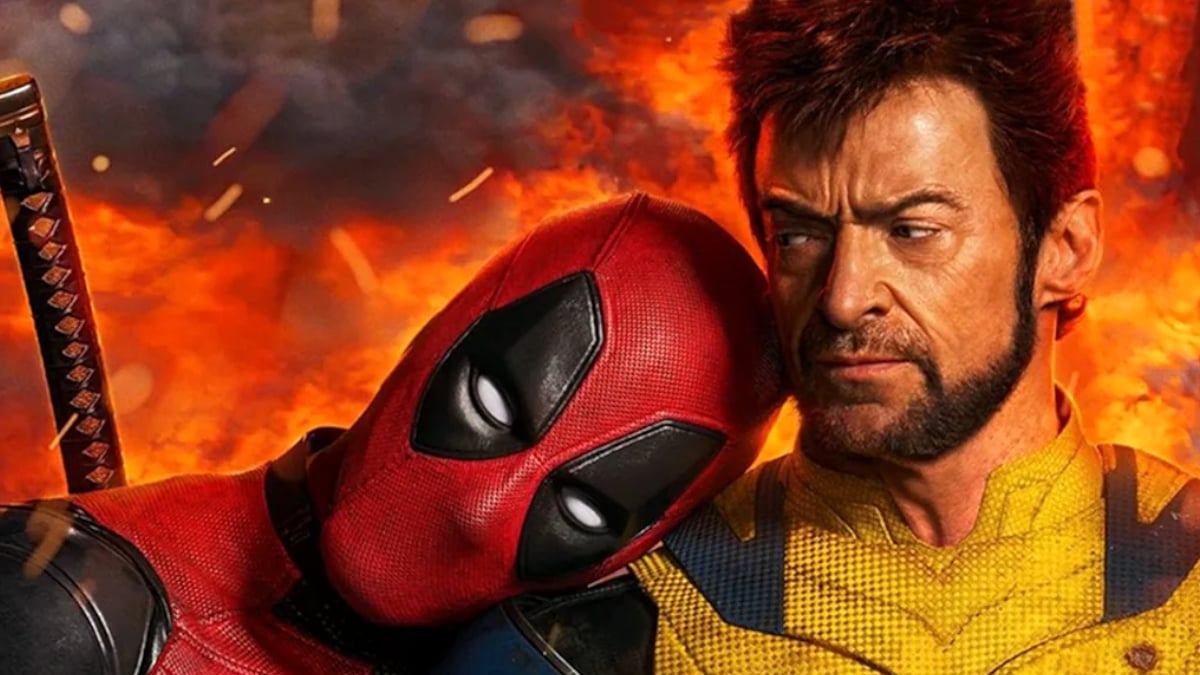
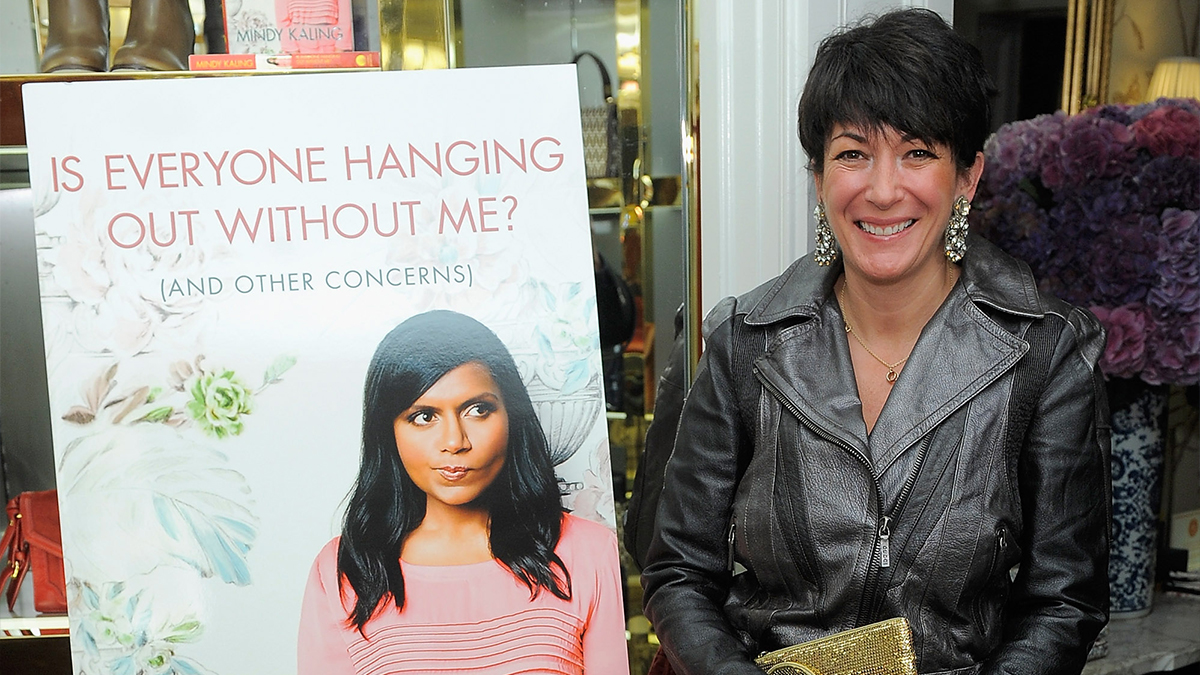
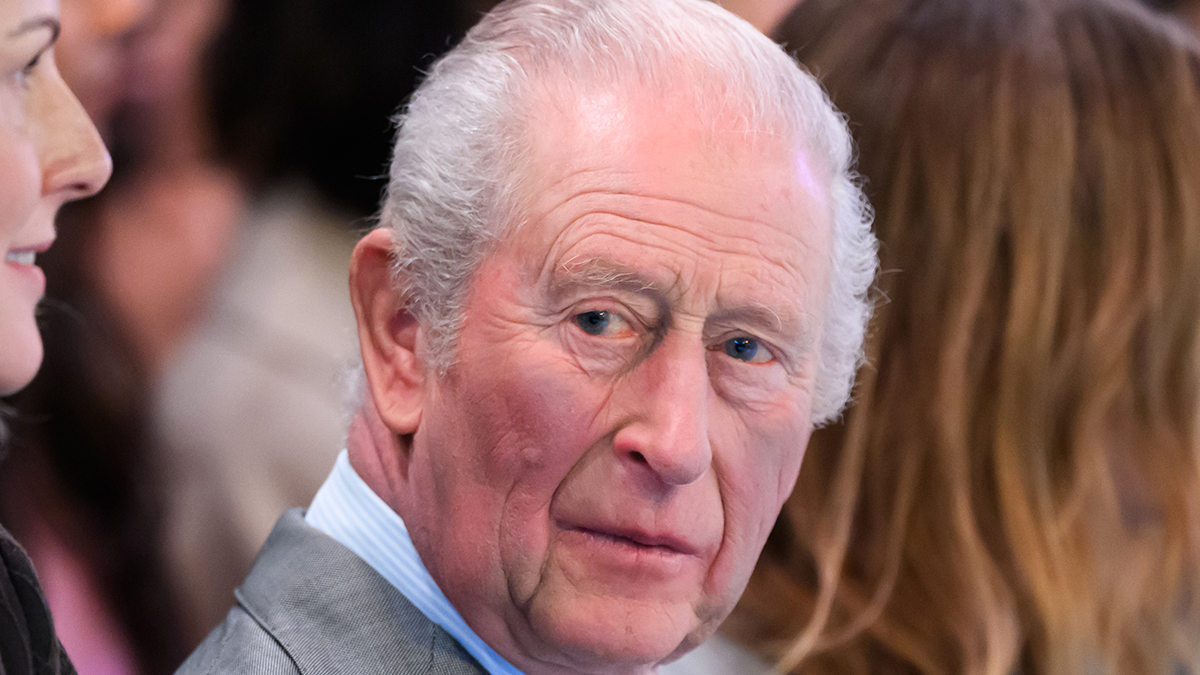
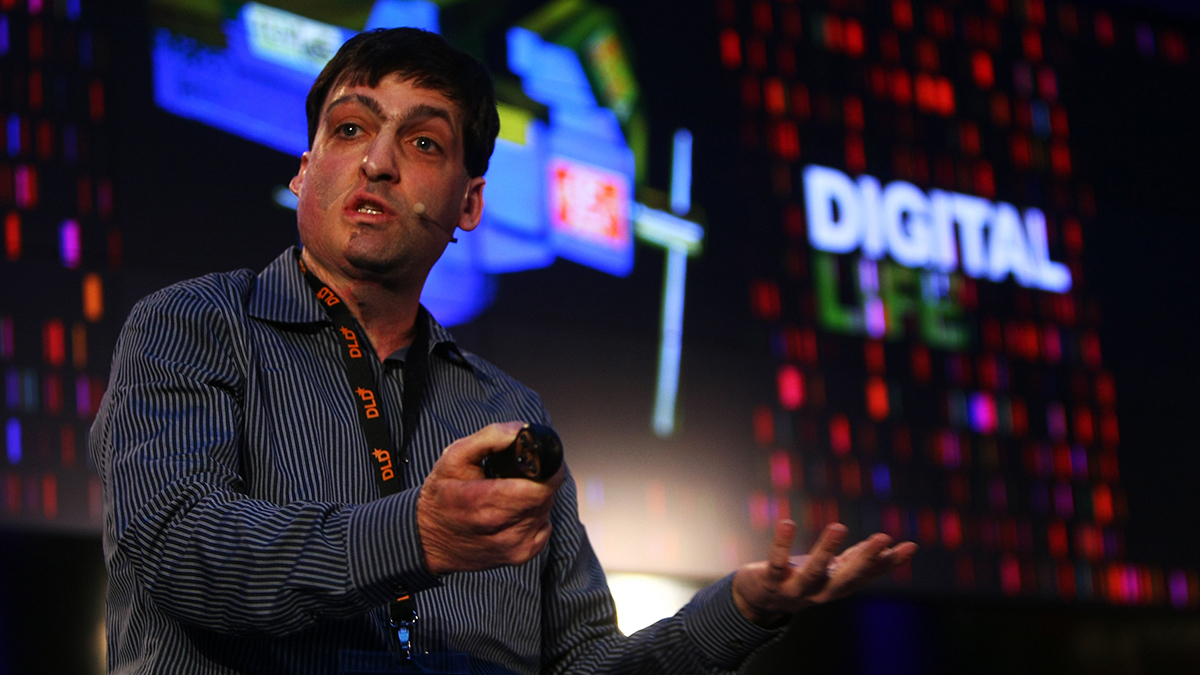
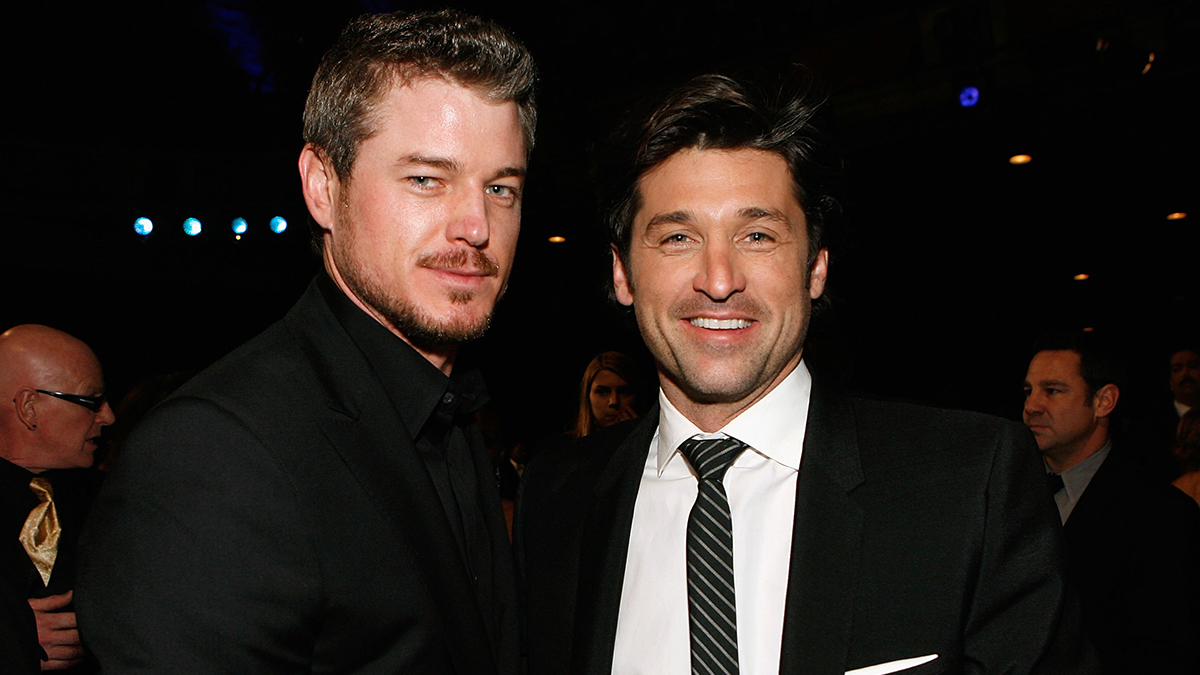
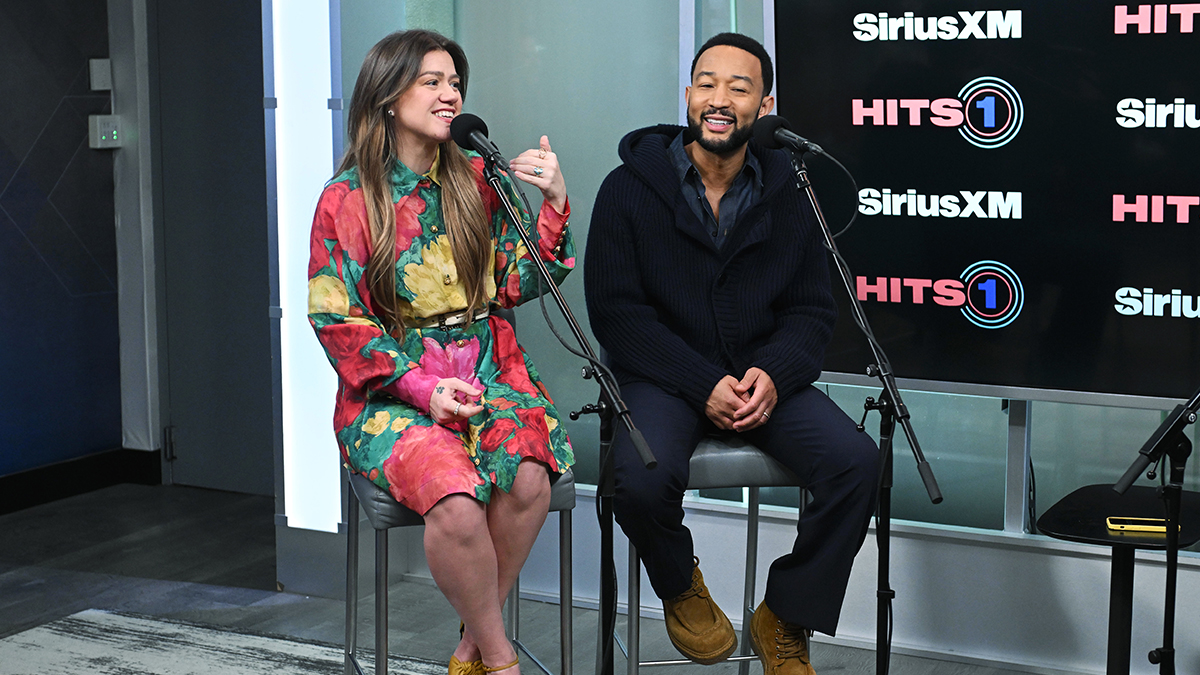
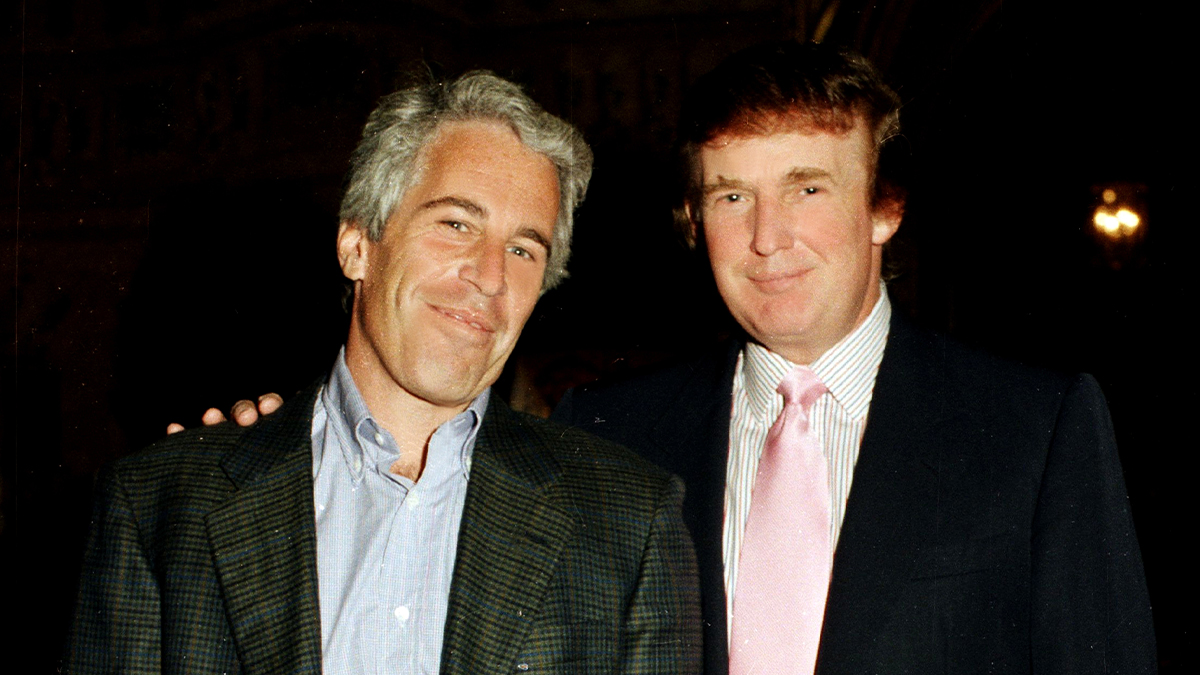

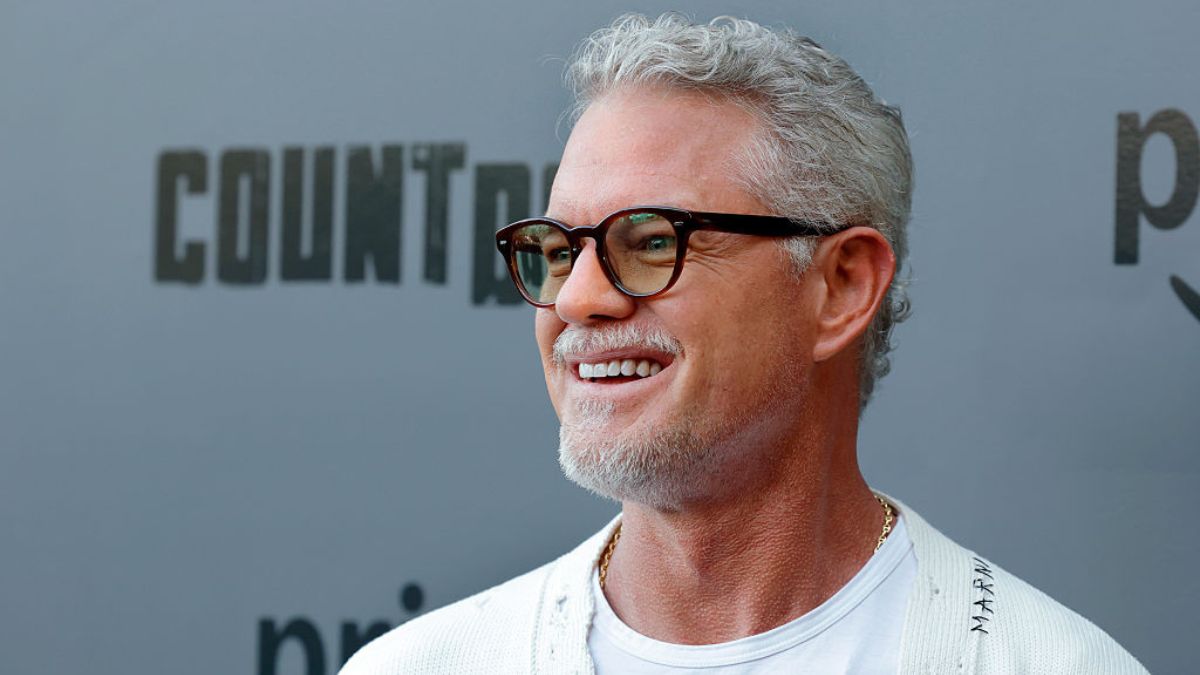
Published: Jan 5, 2025 08:59 am